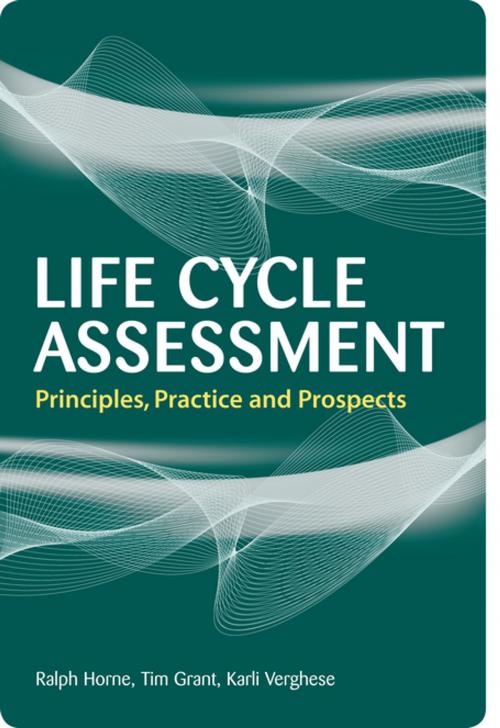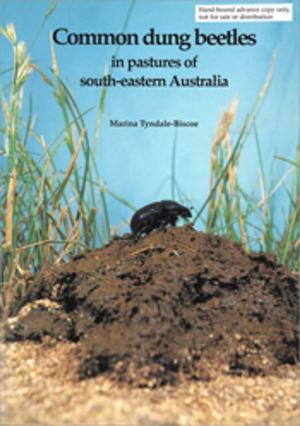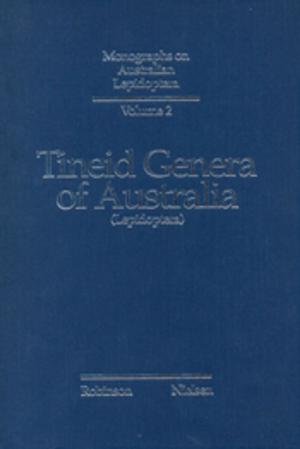Life Cycle Assessment
Principles, Practice and Prospects
Nonfiction, Art & Architecture, Architecture, Science & Nature, Technology, Nature| Author: | ISBN: | 9780643099203 | |
| Publisher: | CSIRO PUBLISHING | Publication: | March 20, 2009 |
| Imprint: | CSIRO PUBLISHING | Language: | English |
| Author: | |
| ISBN: | 9780643099203 |
| Publisher: | CSIRO PUBLISHING |
| Publication: | March 20, 2009 |
| Imprint: | CSIRO PUBLISHING |
| Language: | English |
Life Cycle Assessment (LCA) has developed in Australia over the last 20 years into a technique for systematically identifying the resource flows and environmental impacts associated with the provision of products and services. Interest in LCA has accelerated alongside growing demand to assess and reduce greenhouse gas emissions across different manufacturing and service sectors. Life Cycle Assessment focuses on the reflective practice of LCA, and provides critical insight into the technique and how it can be used as a problem-solving tool. It describes the distinctive strengths and limitations of LCA, with an emphasis on practice in Australia, as well as the application of LCA in waste management, the built environment, water and agriculture. Supported by examples and case studies, each chapter investigates contemporary challenges for environmental assessment and performance improvement in these key sectors. LCA methodologies are compared to the emerging climate change mitigation policy and practice techniques, and the uptake of ‘quick’ LCA and management tools are considered in the light of current and changing environmental agendas. The authors also debate the future prospects for LCA technique and applications.
Life Cycle Assessment (LCA) has developed in Australia over the last 20 years into a technique for systematically identifying the resource flows and environmental impacts associated with the provision of products and services. Interest in LCA has accelerated alongside growing demand to assess and reduce greenhouse gas emissions across different manufacturing and service sectors. Life Cycle Assessment focuses on the reflective practice of LCA, and provides critical insight into the technique and how it can be used as a problem-solving tool. It describes the distinctive strengths and limitations of LCA, with an emphasis on practice in Australia, as well as the application of LCA in waste management, the built environment, water and agriculture. Supported by examples and case studies, each chapter investigates contemporary challenges for environmental assessment and performance improvement in these key sectors. LCA methodologies are compared to the emerging climate change mitigation policy and practice techniques, and the uptake of ‘quick’ LCA and management tools are considered in the light of current and changing environmental agendas. The authors also debate the future prospects for LCA technique and applications.















